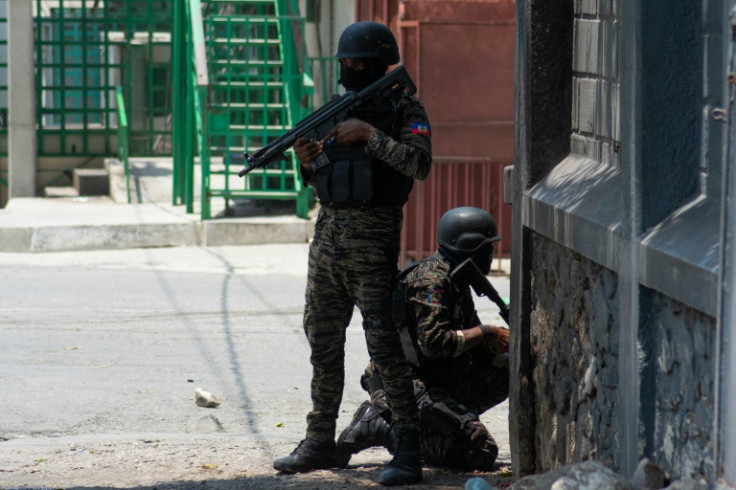
Preparations for the deployment of an international force to Haiti are experiencing significant delays, allowing the country's gangs more time to prepare for what is anticipated to be a fierce response, according to a new analysis by InSight Crime.
The initial deployment, comprised of some 200 Kenyan police officers, was expected to arrive on May 23 but was postponed after a visit by six Kenyan officials to Port-au-Prince, revealed shortages of crucial equipment, including armored vehicles, weapons, and radios.
Kenya committed to leading the security mission to Haiti in October, pledging up to 1,000 officers to assist the Haitian police in maintaining security. Additional contributions of 1,500 officers were promised by partner countries, including Jamaica, Bangladesh, and Chad.
The already protracted mission faces growing instability, with a legal challenge filed in Kenya on May 17 seeking to terminate the mission. Moreover, key elements such as the rules of engagement and overall strategy remain undefined. Financial constraints also pose a significant hurdle, as donor countries have raised only $21 million of the estimated $600 million needed for the mission.
Dan Foote, former United States Special Envoy to Haiti, told the outlet that he is skeptical about the mission's viability. He noted the lack of clarity regarding its role and criticized the limited number of deployed personnel, which he deemed insufficient against heavily armed gangs.
Despite these issues, Kenyan President William Ruto expressed optimism, telling the BBC that the first deployment of Kenyan police is now expected in three weeks.
Meanwhile, Haiti's gangs continue to grow in power, complicating the mission's future. Notably, the once-rival gang alliances G9 and G-Pèp have united against the security mission, forming a group called Vivre Ensemble (Living Together). The alliance has for months conducted coordinated attacks on state institutions, displacing civilians, seizing police stations, and consolidating control over strategic areas of Port-au-Prince.
Moreover, 5 Segonn, one of Haiti's most powerful gangs, recently displayed new high-powered weapons on social media, raising concerns about arms trafficking from Latin America into Haiti. In April, Colombian President Gustavo Petro announced that inspections in two military bases revealed large quantities of missing arms, bullets, and even missiles, suggesting potential connections to criminal groups in Colombia and Haiti.
Despite the fact that there's an arms embargo in force since 2022, increased gang cooperation and access to high-caliber weapons have significantly enhanced the gangs' tactical capabilities. This development far surpasses any improvements seen within Haiti's National Police.
Experts interviewed by the outlet remain skeptical about the effectiveness of the Kenyan-led mission. They argue that previous efforts to train the Haitian police by Western countries have yielded limited success. The Haitian National Police, which the mission aims to support, has severely deteriorated, with over 2,000 officers deserting in 2023 alone. According to the United Nations, Haiti needs approximately 38,000 officers to achieve median levels of policing, yet the current force is estimated to consist of only around 3,000 active officers.
© 2025 Latin Times. All rights reserved. Do not reproduce without permission.





